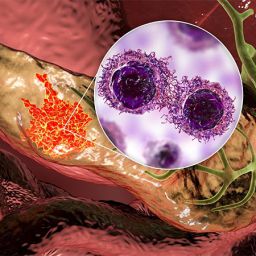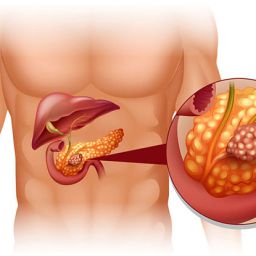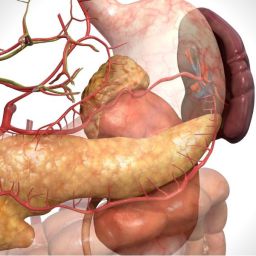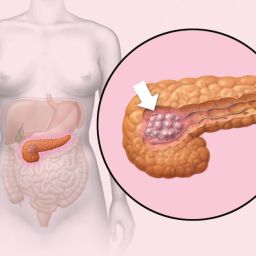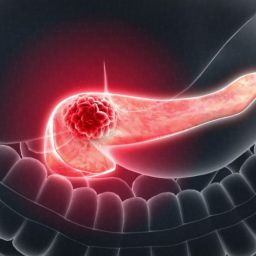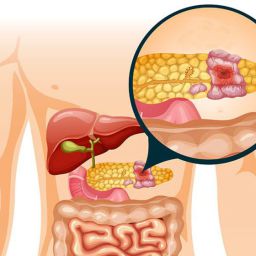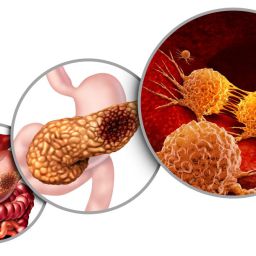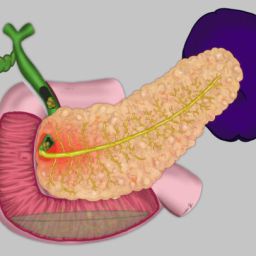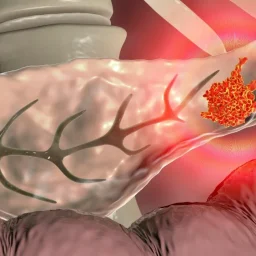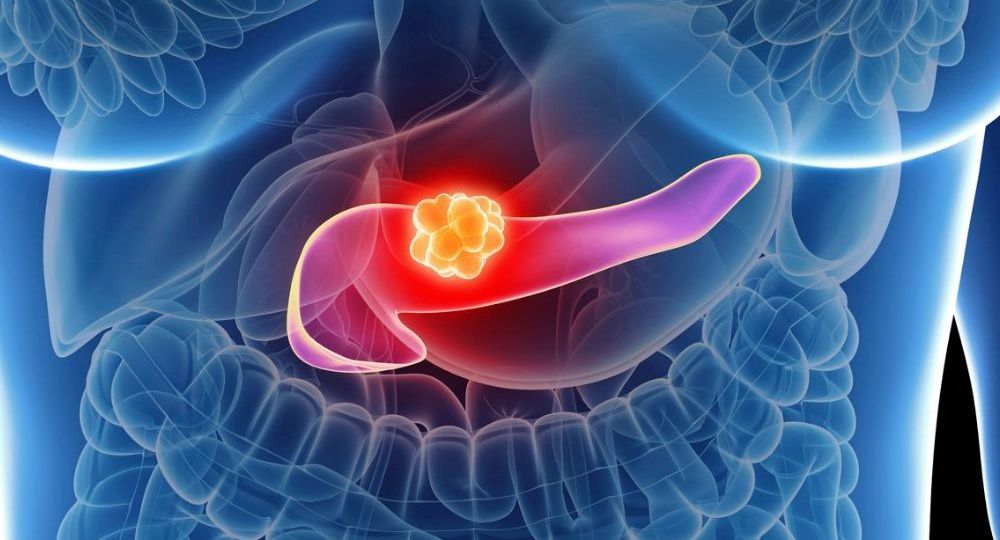
The Emotional Toll of Acute Pancreatitis
A diagnosis of acute pancreatitis can bring about a range of emotional responses. The sudden onset of a serious illness can be shocking, and patients may feel overwhelmed by the physical pain and the uncertainty of their health outcomes. The emotional toll of the disease can manifest in various ways, including:
1. Anxiety and Stress
The unpredictability of acute pancreatitis can cause significant anxiety. Patients may worry about their prognosis, potential complications, and the impact the illness will have on their lives. The fear of the unknown can lead to feelings of helplessness, particularly when faced with the prospect of surgery, extended hospital stays, or long-term lifestyle changes.
2. Depression
As patients navigate through the acute phase of pancreatitis, some may experience depression due to prolonged discomfort, hospitalization, or the physical limitations that come with the disease. The mental strain of managing both the acute symptoms and the impact on their daily life can be overwhelming, leading to feelings of sadness or hopelessness.
3. Frustration and Isolation
Patients with acute pancreatitis may face frustration when they are unable to engage in normal activities or maintain their previous lifestyle. Dietary restrictions, the need for regular medical monitoring, and the physical limitations caused by the disease can contribute to feelings of isolation. The lack of understanding from others, particularly in the early stages of diagnosis, can make it harder for patients to express their emotions.
4. Fear of Recurrence
A key emotional struggle for many patients with acute pancreatitis is the fear of recurrence. This fear may stem from a lack of understanding of the disease or the possibility of future health complications, leading to increased anxiety and stress about the future.
The Role of Family Support in Managing Emotional Well-Being
Family support plays a critical role in the emotional well-being of individuals with acute pancreatitis. It can provide emotional comfort, offer practical assistance, and foster a positive environment that supports healing. Here’s how families can be instrumental in managing emotional well-being during the recovery process:
1. Emotional Support
One of the most crucial ways families can support a loved one with acute pancreatitis is by offering emotional support. This can include:
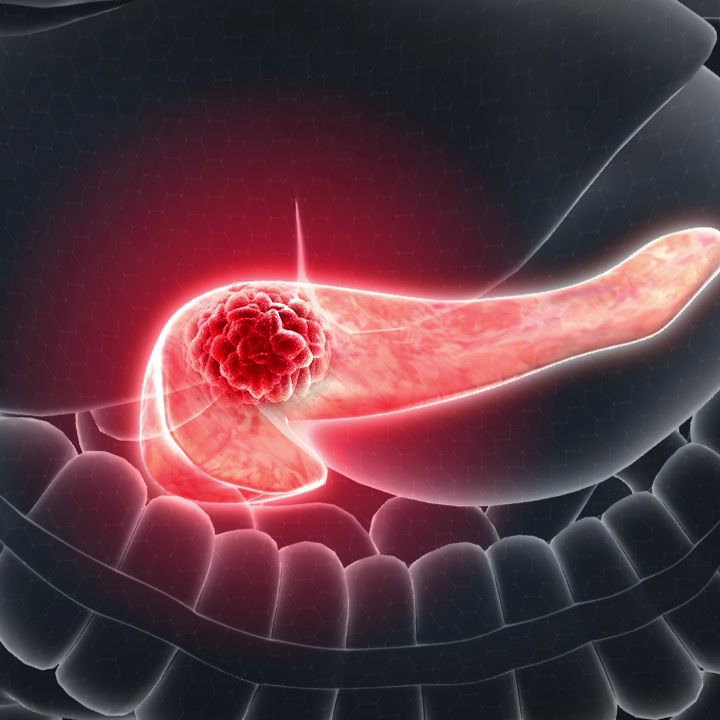
- Active Listening: Simply being there to listen can be an incredible source of comfort. Patients often need a safe space to express their feelings of anxiety, fear, and frustration.
- Reassurance: Offering words of encouragement and providing reassurance that the patient will not be left alone in their recovery journey can alleviate feelings of isolation.
- Empathy: Showing understanding and validating the patient’s emotional responses is important. Instead of minimizing their feelings, families should acknowledge the emotional difficulty of dealing with the illness.
2. Providing Practical Assistance
Dealing with the physical challenges of acute pancreatitis can be exhausting, especially during the recovery phase. Family members can ease the patient’s burden by providing practical help, such as:
- Assisting with Daily Tasks: Whether it’s helping with meal preparation, taking care of children, or managing household chores, family support can ensure that the patient has the energy to focus on recovery.
- Accompanying the Patient to Medical Appointments: Medical appointments may be frequent during the recovery process. Having a family member present can provide emotional comfort, help with understanding complex medical information, and offer support during difficult procedures.
- Monitoring Diet and Medications: Following a specific diet and taking medications regularly are key aspects of recovery. Families can help ensure that patients adhere to prescribed diets and medication schedules, reducing the likelihood of setbacks.
3. Fostering a Positive Environment
A supportive and positive home environment is essential for emotional recovery. Families can contribute to creating an atmosphere of comfort by:

- Encouraging Normalcy: Keeping up with normal family activities, to the extent possible, can provide a sense of continuity and help reduce feelings of isolation.
- Avoiding Overprotection: While offering help is important, it is equally vital not to overwhelm the patient with overprotection. Encouraging independence and allowing the patient to make decisions about their care can foster a sense of autonomy and control.
- Promoting Relaxation and Stress Reduction: Family members can encourage activities that promote relaxation, such as light walks, watching movies together, or practicing mindfulness or meditation.
4. Addressing Mental Health Issues
In many cases, emotional distress due to acute pancreatitis may develop into a more serious mental health issue, such as anxiety or depression. Family members can:
- Encourage Professional Help: If the patient shows signs of persistent sadness, anxiety, or hopelessness, encouraging them to seek professional counseling or therapy is essential.
- Support Therapy: Families should support patients attending therapy sessions by providing transportation, understanding their emotional needs, and helping them implement coping strategies learned in therapy.
- Monitor Signs of Mental Health Decline: Being attentive to signs of mental health deterioration—such as withdrawal, changes in behavior, or thoughts of self-harm—can help families intervene before the situation worsens.
5. Education and Awareness
Family members should educate themselves about acute pancreatitis to better understand what the patient is going through. The more a family understands the disease, its causes, symptoms, and recovery process, the better equipped they will be to provide effective support. This includes:
- Learning About Dietary Restrictions: Understanding the importance of a low-fat, easy-to-digest diet during recovery can help family members plan meals that support healing.
- Understanding the Emotional Impact: Recognizing that emotional distress is a natural part of the recovery process will help family members offer the right kind of support at the right time.
Challenges in Family Support
While family support is crucial, it can sometimes be challenging. Caregivers themselves may experience emotional, physical, and financial stress, particularly if they are juggling multiple responsibilities. Additionally, family members may not always know the best way to provide support, especially if they are unfamiliar with the illness or its emotional impact.
It’s essential for families to be open to asking for help when needed and to recognize that self-care is equally important for caregivers. A healthy family dynamic, with mutual understanding and open communication, can make a significant difference in the patient’s recovery journey.
The emotional well-being of patients with acute pancreatitis is just as important as their physical health, and family support plays a vital role in ensuring a positive recovery experience. By providing emotional, practical, and psychological assistance, families can help reduce the emotional burden of the disease, promote a sense of stability and security, and encourage the patient’s overall well-being.
Acute pancreatitis is a challenging condition, but with the proper support from family members, patients can navigate the emotional hurdles more effectively and improve their chances of a successful recovery. If you or a loved one is struggling with acute pancreatitis, don’t hesitate to reach out for help. Support from loved ones, healthcare providers, and mental health professionals can make all the difference in the healing process.


